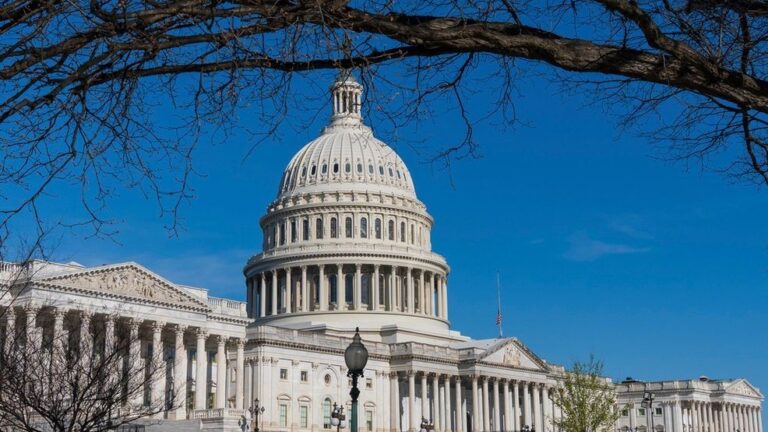Capitol Hill Debate on Nationwide Injunctions Escalates
WASHINGTON (TNND) — Tensions flared on Capitol Hill as lawmakers engaged in a heated discussion regarding the implications of nationwide injunctions on executive actions, particularly those enacted by President Trump.
Divided Opinions Among Lawmakers
The Senate committee hearing showcased a sharp divide between Republican and Democratic lawmakers. Republicans contended that letting a single judge undermine the President’s policies could threaten the integrity of governance.
Senators Ted Cruz (R-TX) and Cory Booker (D-NJ) were pivotal in the debate. Cruz criticized Democrats for their inaction against threats aimed at federal judges, stating, “Angry mobs were outside the Supreme Court justices’ homes, and in the entire course of it, the Biden Justice Department prosecuted nobody.”
Counterarguments and Responses
Booker promptly rebuffed Cruz’s claims, asserting, “That is a patent lie, sir. We were not silent. We took action.” This exchange underlined the heightened emotions surrounding judicial authority and accountability.
The hearing focused on a record number of nationwide injunctions against Trump’s executive actions. This topic has sparked significant discussion regarding the balance of power between branches of government.
Key Insights from Scholars and Experts
Testifying at the hearing was Josh Blackman, a constitutional law expert from South Texas College of Law, who voiced concerns about lower court judges’ perceived superiority. “We are witnessing a never-ending onslaught of universal injunctions that make it nearly impossible for the executive branch to function,” he said.
In contrast, Kate Shaw, a law professor at the University of Pennsylvania, argued that the administration’s legal defeats reflect the lawfulness of judicial decisions. “The reason there has been such wide and cross-ideological consensus over the impermissibility of the administration’s actions is because the actions have been plainly unlawful,” Shaw stated.
Legislative Movements on the Issue
The House of Representatives previously approved legislation aimed at restricting lower-court judges’ ability to issue temporary blocks on policies with nationwide implications. However, this legislation has yet to receive a vote in the Senate, signifying ongoing political divides on this crucial issue.
